Smoke Remediation Services for Indoor Air Quality
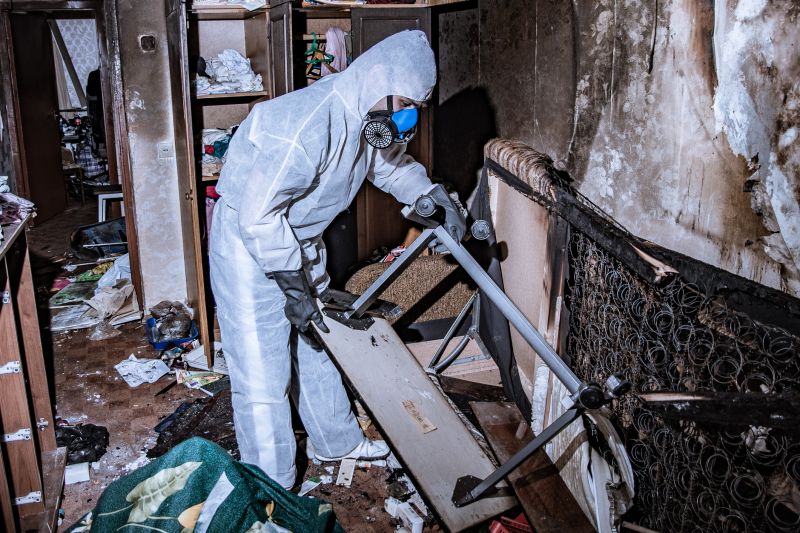
Performing smoke remediation immediately after fire damage ensures effective removal of smoke residues and odors.
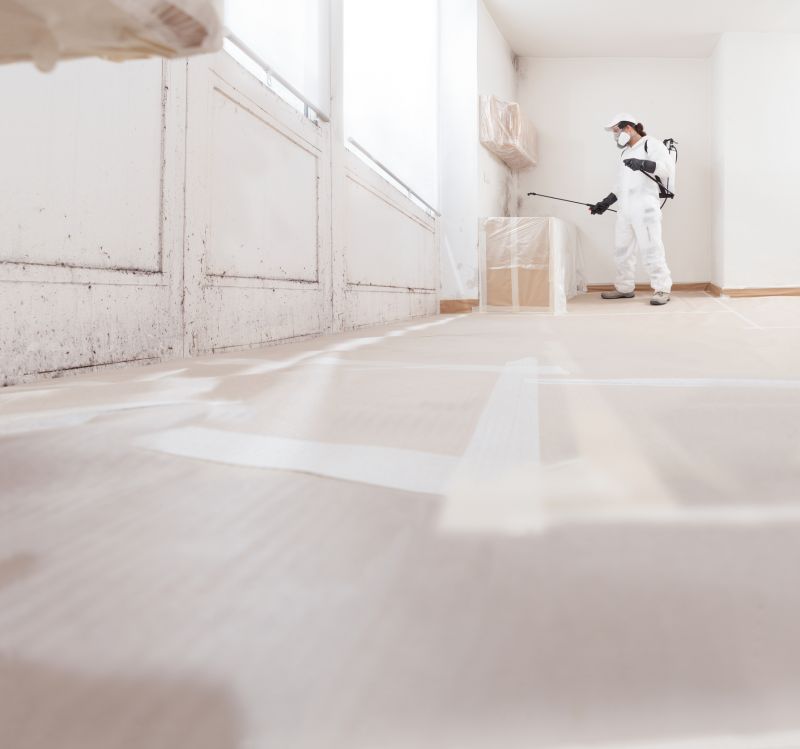
Dry, mild weather conditions facilitate better ventilation and drying processes during remediation efforts.
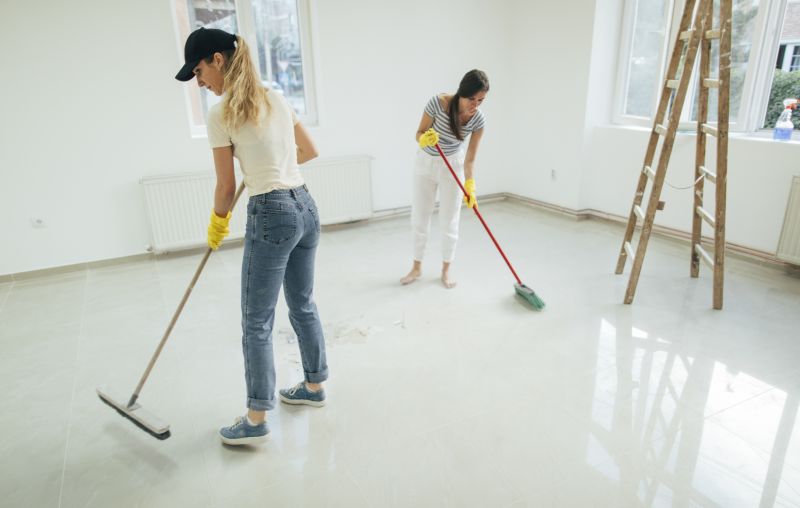
Scheduling before occupancy or reoccupation minimizes exposure to residual smoke particles.
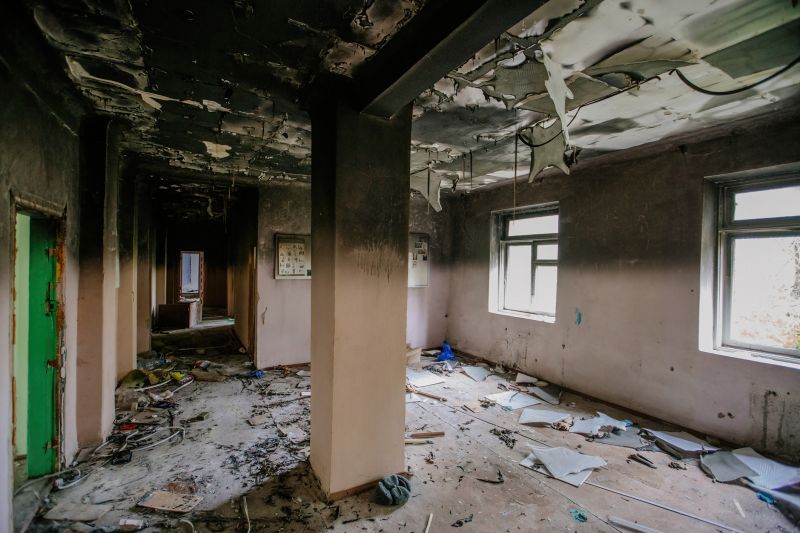
Ways to make Smoke Remediation Service work in tight or awkward layouts.
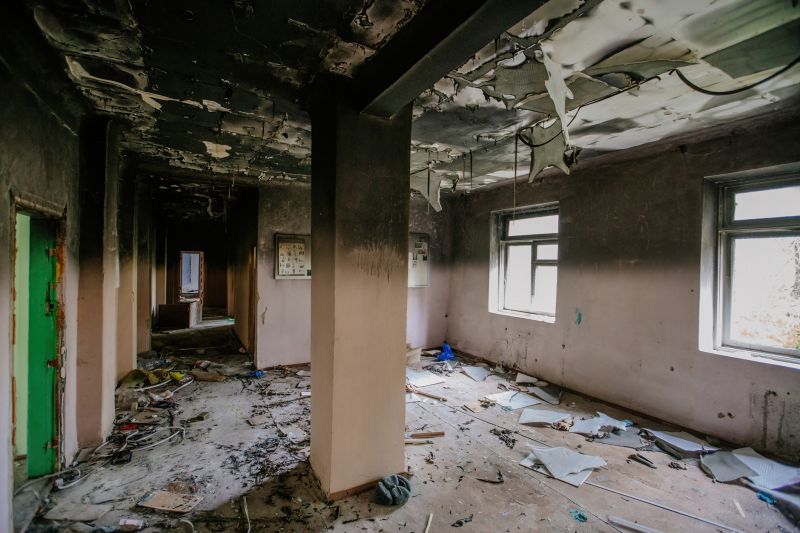
Popular materials for Smoke Remediation Service and why they hold up over time.
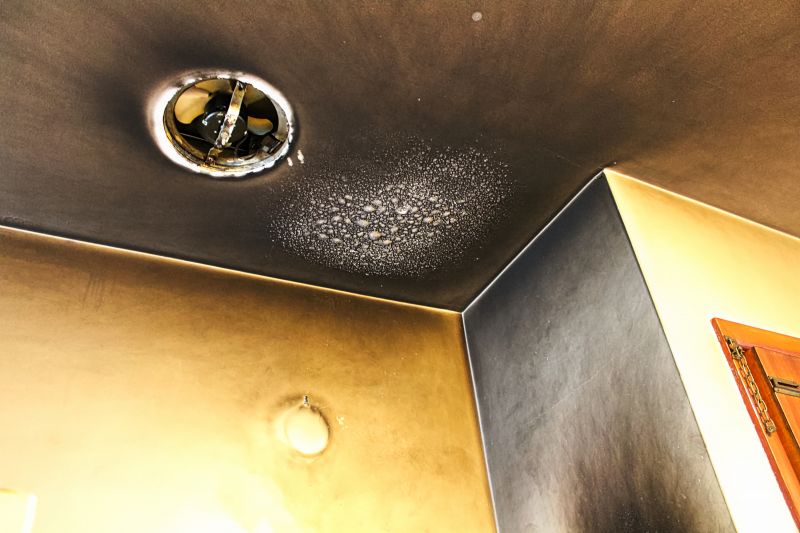
Simple add-ons that improve Smoke Remediation Service without blowing the budget.
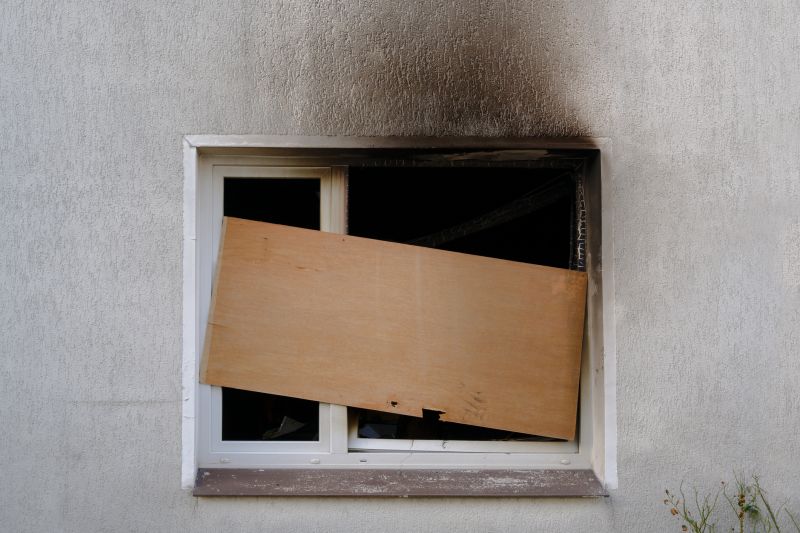
High-end options that actually feel worth it for Smoke Remediation Service.
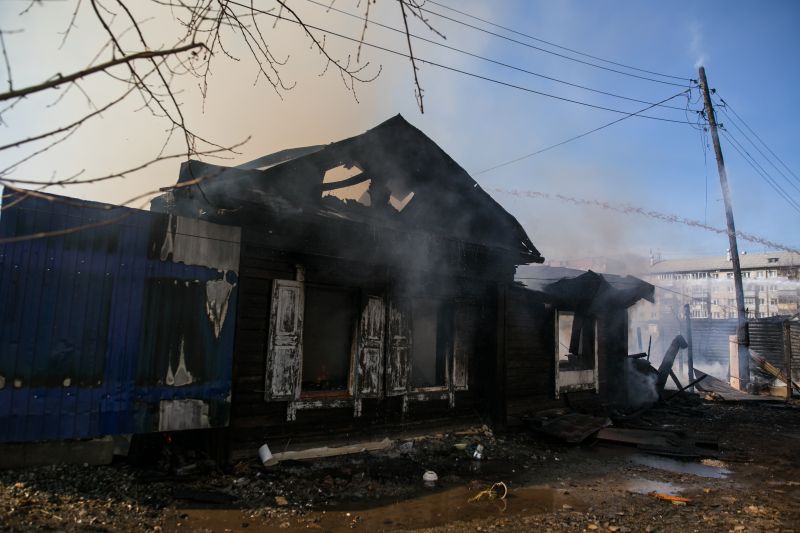
Finishes and colors that play nicely with Smoke Remediation Service.
Smoke remediation services are essential for restoring indoor air quality after fire incidents. They involve specialized cleaning techniques to eliminate smoke residue, odors, and harmful particles from affected areas. The process typically includes air filtration, surface cleaning, and odor neutralization to ensure a safe and comfortable environment. Timely intervention can significantly reduce health risks and property damage, making the timing of remediation a critical factor for effectiveness.
Smoke residue can penetrate surfaces and materials, leading to persistent odors and potential health issues if not addressed promptly.
Delayed smoke remediation can increase exposure to toxic particles, affecting respiratory health and aggravating allergies.
Early remediation helps prevent long-term damage to furnishings, walls, and HVAC systems caused by smoke deposits.
Certain seasons with high humidity or extreme temperatures may hinder effective smoke removal, making timing crucial.
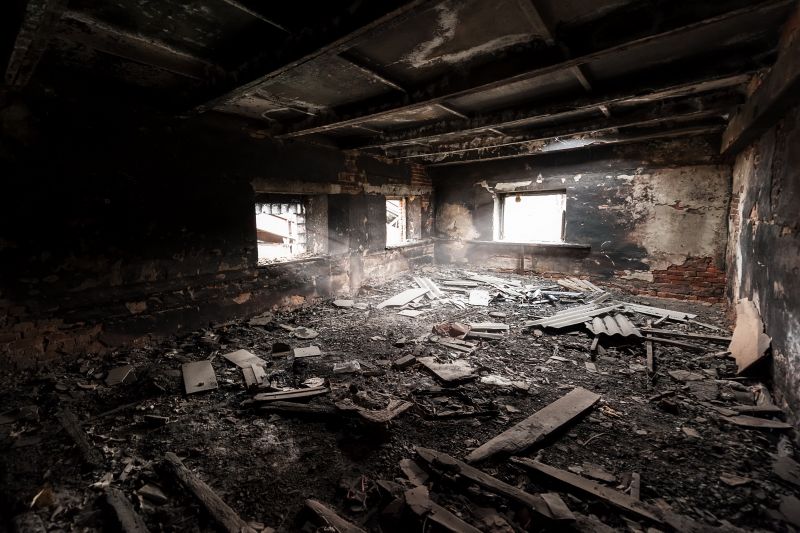
Residue can cling to surfaces, requiring specialized cleaning techniques.
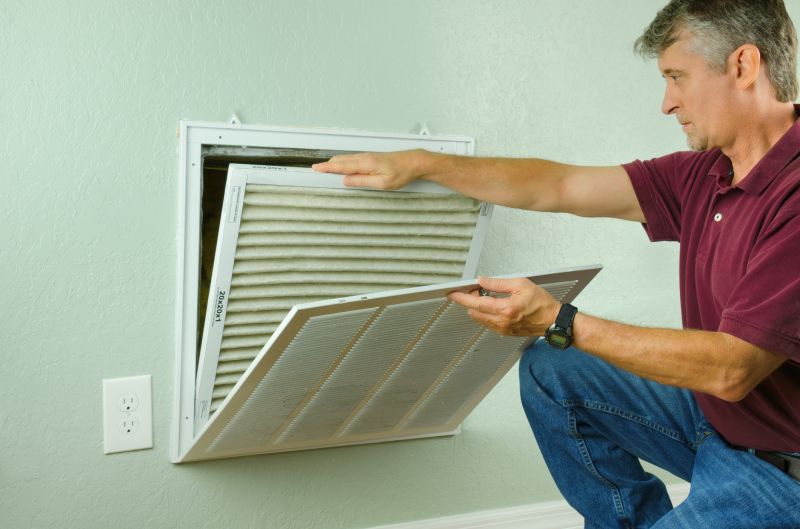
Advanced filtration systems are used to remove smoke particles from indoor air effectively.
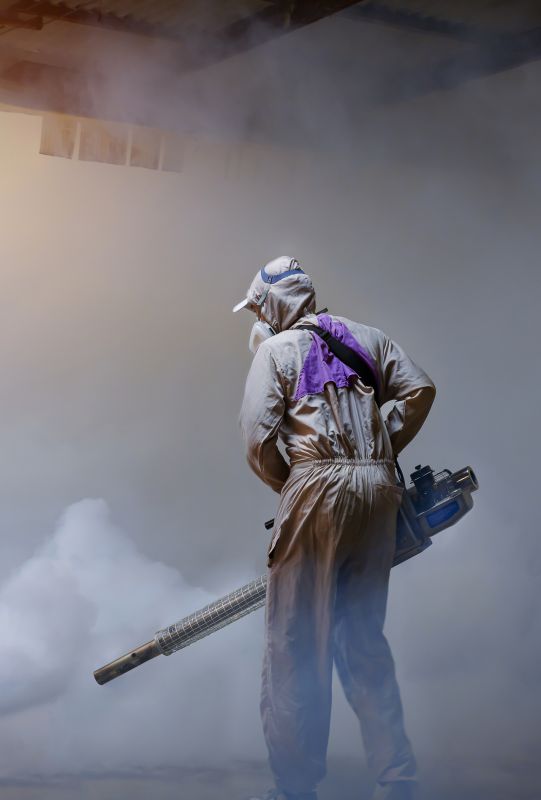
Chemical treatments and ozone generators neutralize persistent smoke odors.
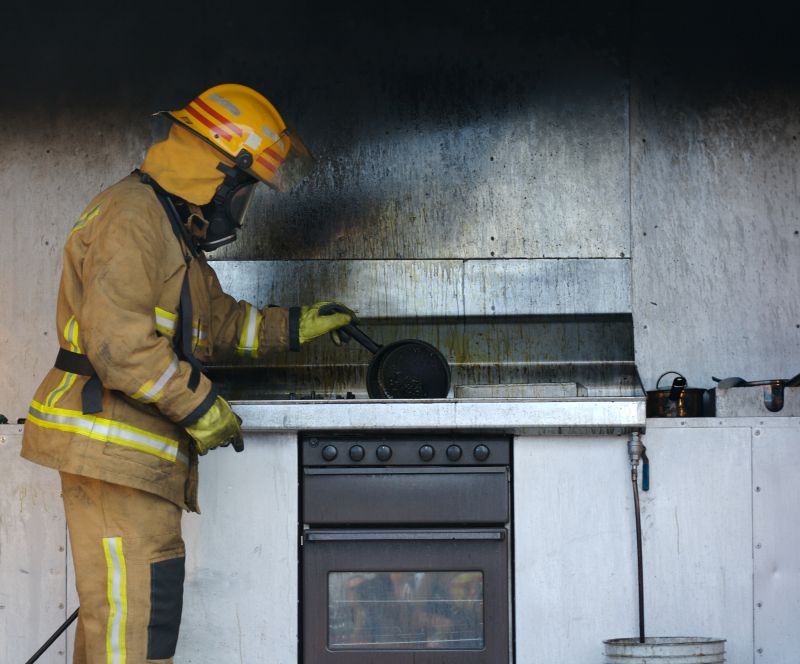
Final assessments ensure all smoke residues and odors are adequately addressed.
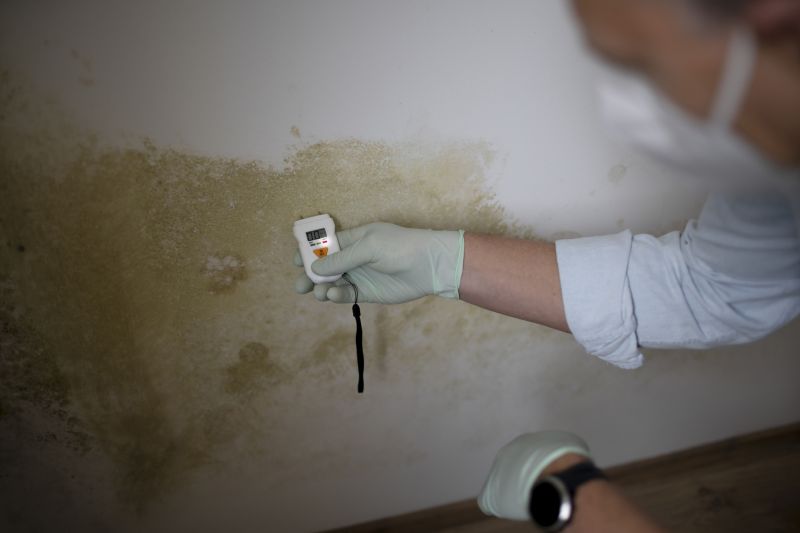
Little measurements that prevent headaches on Smoke Remediation Service day.
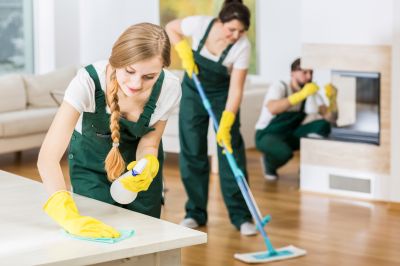
A 60-second routine that keeps Smoke Remediation Service looking new.
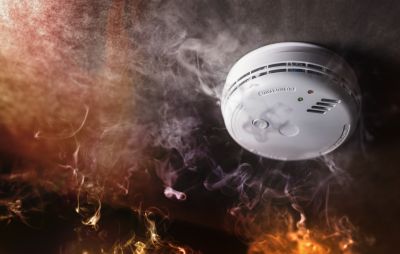
A frequent mistake in Smoke Remediation Service and how to dodge it.
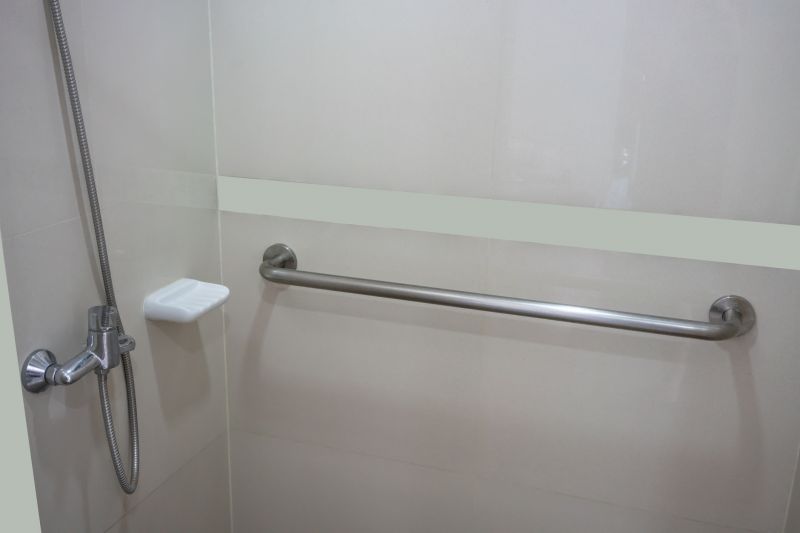
Small tweaks to make Smoke Remediation Service safer and easier to use.
| Timing Factors | Details |
|---|---|
| Immediately After Fire | Ensures removal of fresh smoke residues and odors. |
| During Mild Weather | Facilitates ventilation and drying processes. |
| Before Reoccupation | Reduces health risks and ensures safety for occupants. |
| Seasonal Considerations | Avoid high humidity or extreme temperatures for optimal results. |
| Post-Disaster Response | Critical for minimizing long-term damage and health impacts. |
| Insurance Requirements | Timely remediation may be necessary for claim processing. |
Choosing the right time for smoke remediation depends on various factors including weather conditions, the extent of fire damage, and occupancy schedules. Immediate action is often recommended to prevent the smoke from settling deeper into materials and to reduce health hazards. Proper timing enhances the effectiveness of cleaning methods and helps preserve property value.
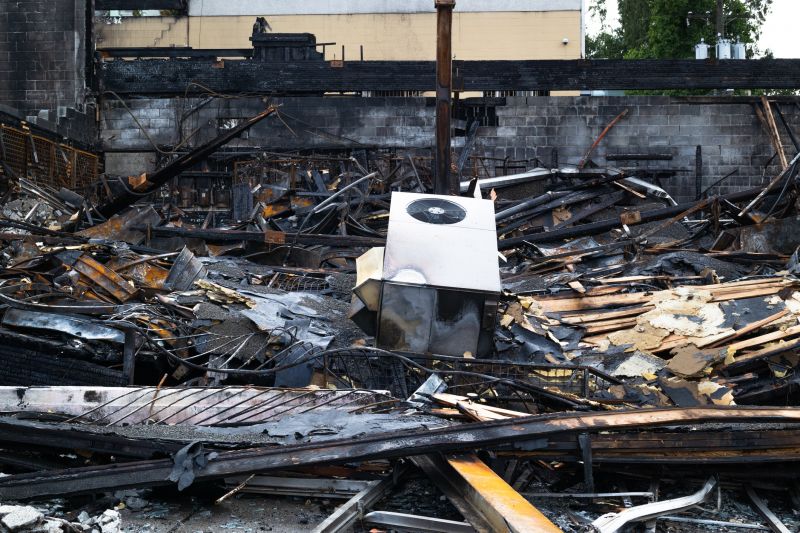
Residue can embed into upholstery and wood surfaces, requiring specialized cleaning.
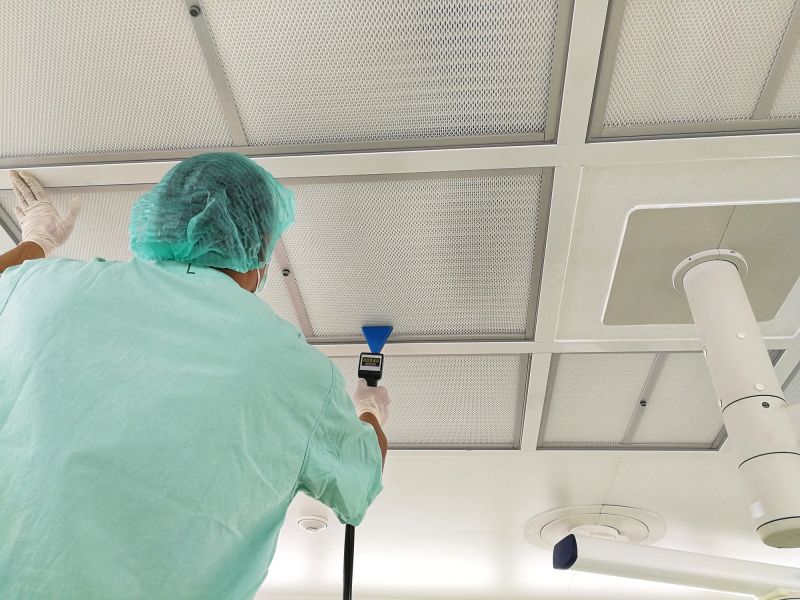
Assessments help determine the severity of smoke contamination and guide remediation timing.
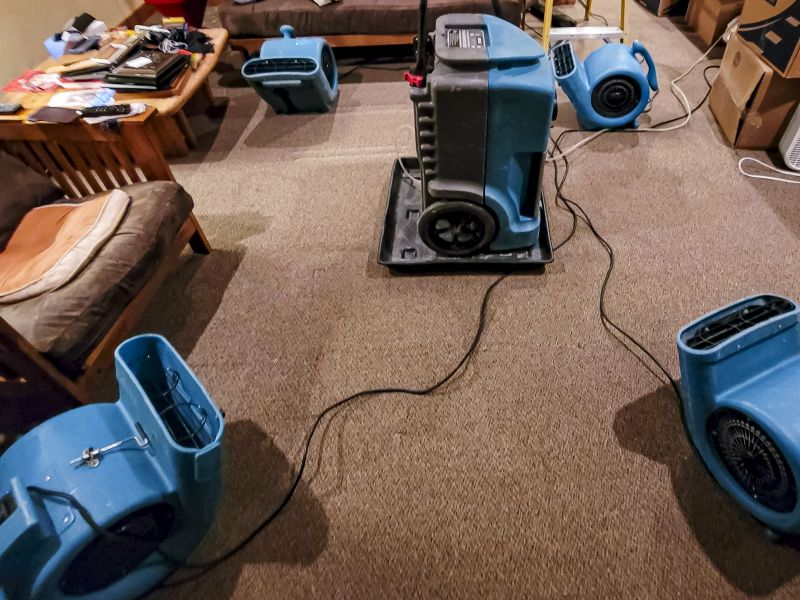
Industrial-grade machines are used to eliminate stubborn smoke odors effectively.
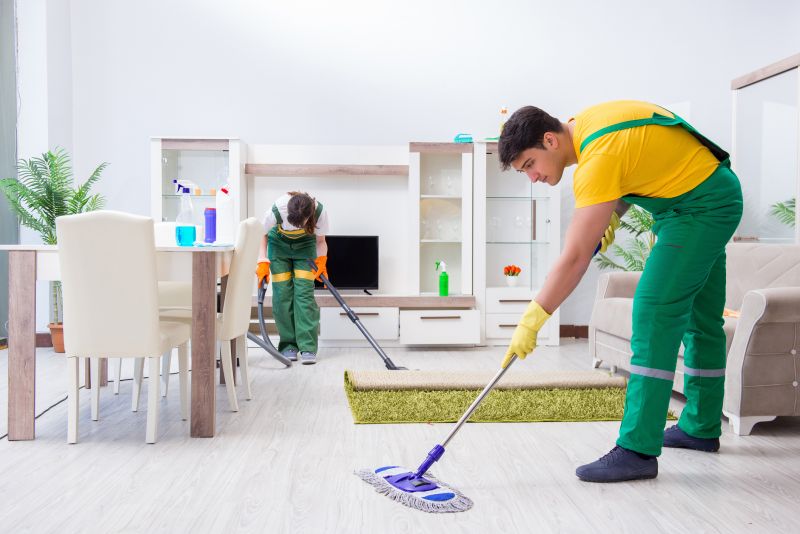
Trained technicians utilize advanced techniques for comprehensive smoke removal.
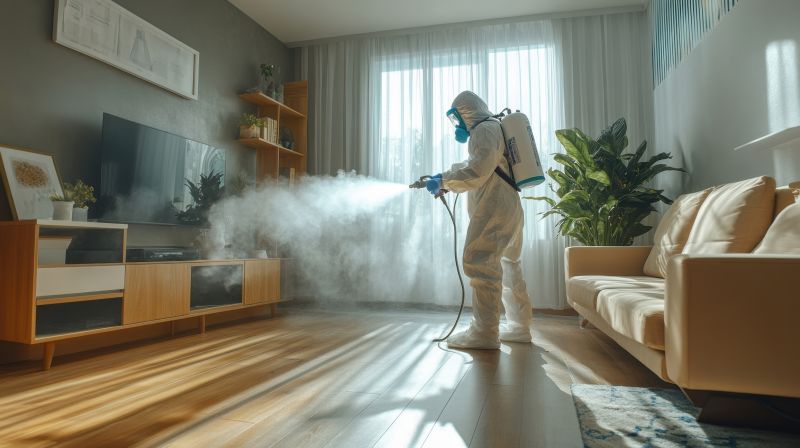
Lower-waste or water-saving choices for Smoke Remediation Service.
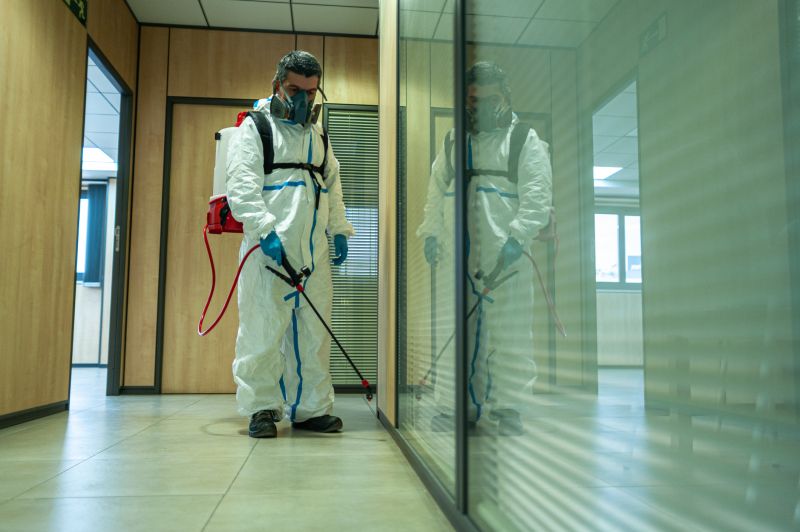
The short, realistic tool list for quality Smoke Remediation Service.
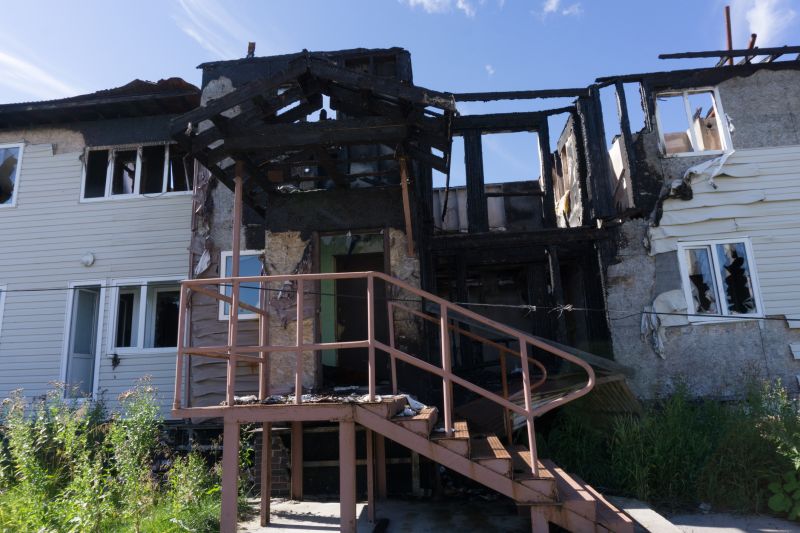
Rough timing from prep to clean-up for Smoke Remediation Service.
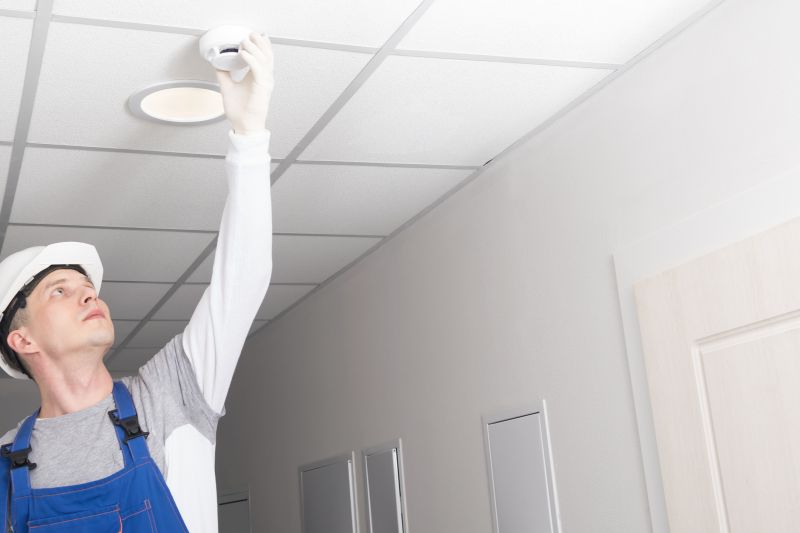
Quick checks and paperwork to keep after Smoke Remediation Service.
Effective smoke remediation requires a strategic approach tailored to the specific circumstances of each incident. The timing of intervention can influence the success of odor neutralization and residue removal. Consulting with professionals ensures that remediation is scheduled at the most appropriate time to achieve optimal results.
Reduces exposure to harmful particles, improving indoor air quality.
Prevents permanent staining and material degradation caused by smoke deposits.
